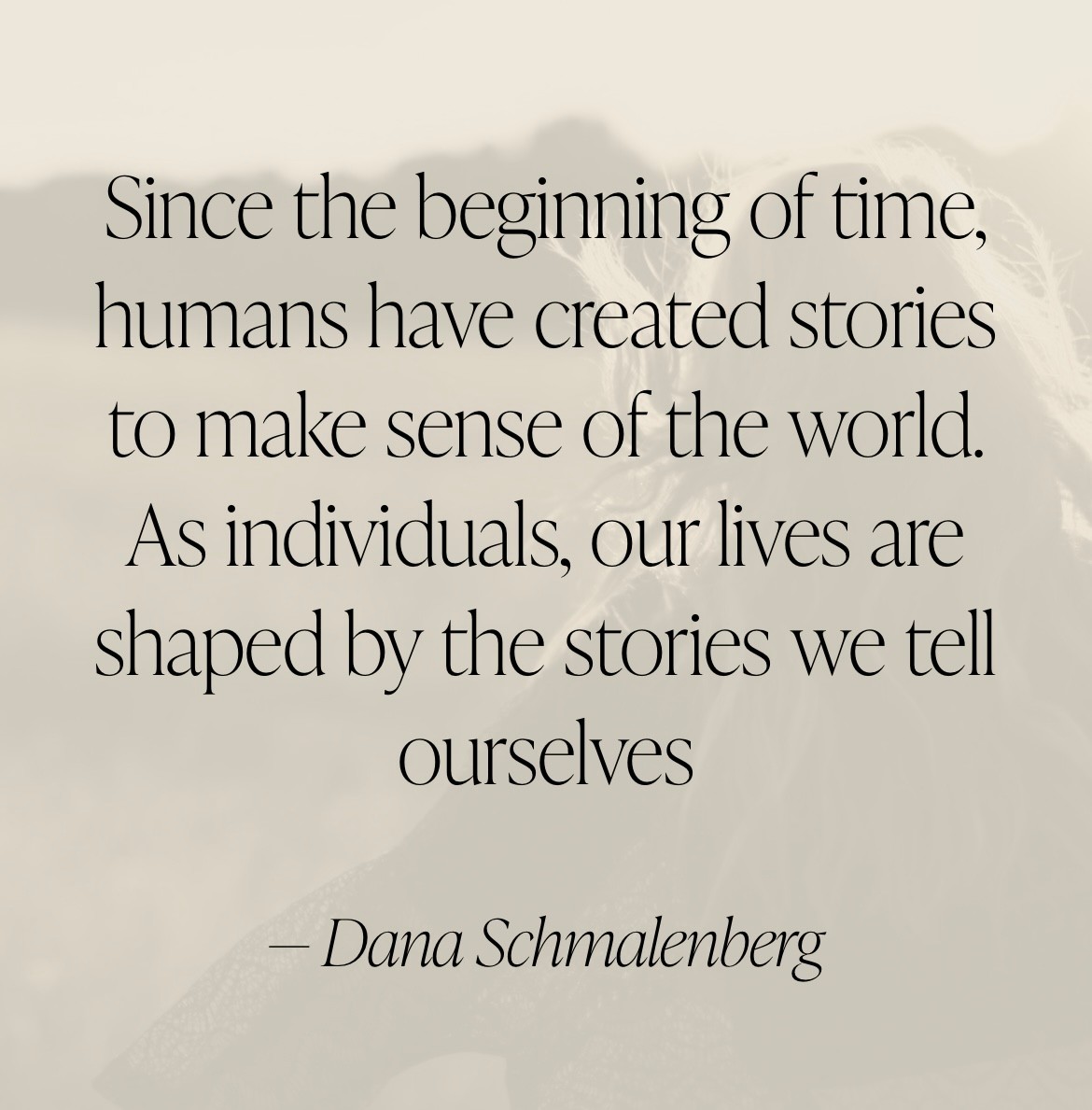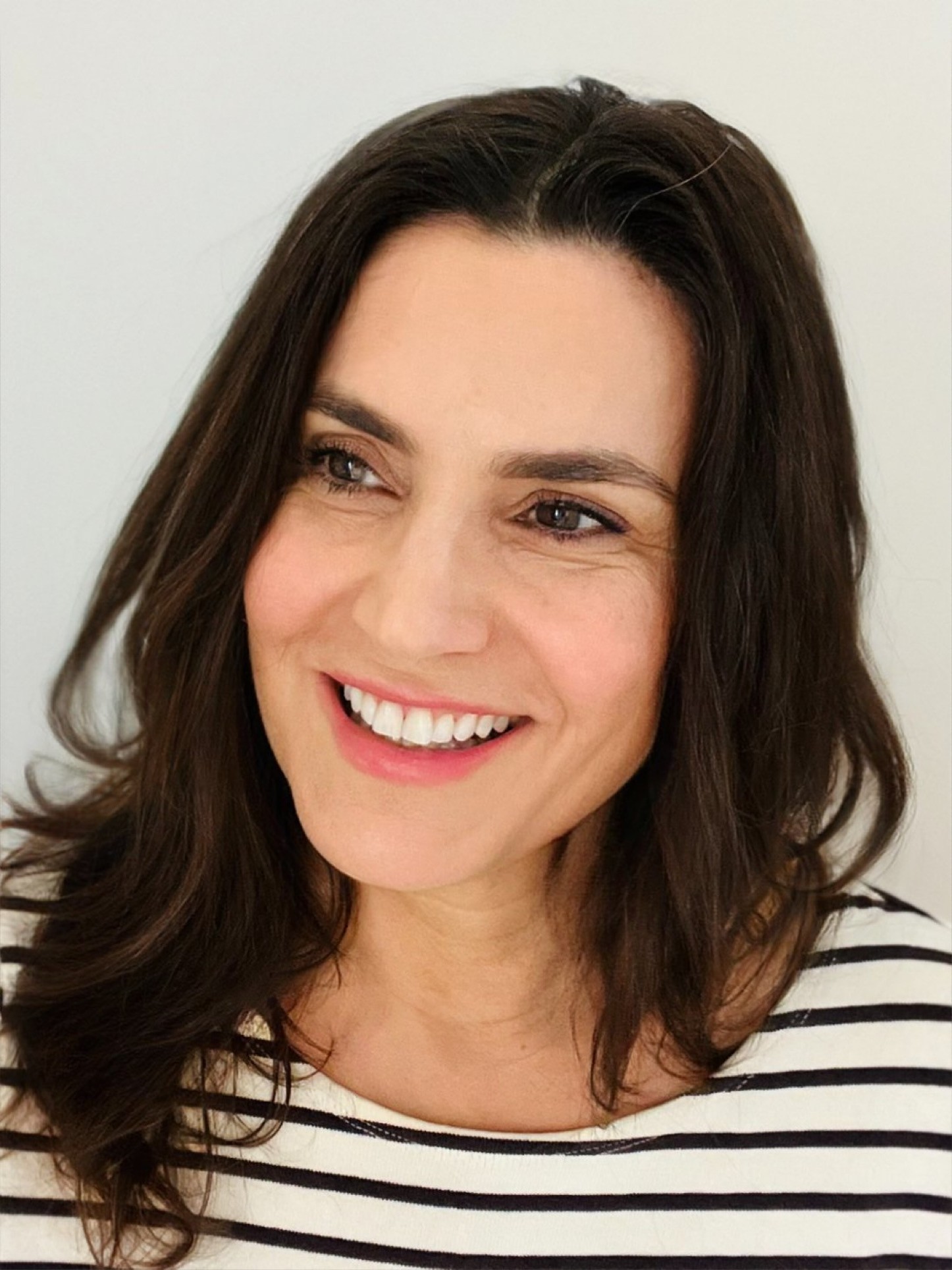We recently connected with Dana Schmalenberg and have shared our conversation below.
Dana, so good to have you with us today. We’ve always been impressed with folks who have a very clear sense of purpose and so maybe we can jump right in and talk about how you found your purpose?
I could tell you a long, interesting story about the trajectory of my life and how I found my purpose, but I don’t think it will help you. What helps is telling you that what made the difference was not being afraid to take risks or try new things– and I was able to do both those things because I always kept an open mind and stayed curious.
Let’s take a small detour – maybe you can share a bit about yourself before we dive back into some of the other questions we had for you?
I spent 22 years as a working screenwriter in Hollywood, but after a deathbed discovery that revealed my dad was not my biological father, I experienced a profound depression and identity crisis. It took a while to figure things out– and a lot of therapy and self-discovery. This experience led me back to school to get a second masters degree, this time in Clinical Mental Health Counseling. I wanted to help others who were going through this shock. I felt like if I could prevent even one other person from experiencing the profound grief I did, it would be worth it. The irony was that before I had sold my first screenplay back in 2002, I was applying to graduate schools for psychology. After I sold that first screenplay, I went ahead and embarked on a career in Hollywood. Twenty-two years later I’m still writing. Most recently I wrote a Netflix movie that stayed at number one for two weeks, “Resort to Love” and I’m now in negotiations for a TV series based on my DNA discovery. But the thing I’m most proud of is my company Navigational Narratives and the online course I created for those dealing with a DNA discovery, “Navigating Your DNA Bombshell: from Shell Shock to Secure New Identity”. I found that my years of screenwriting combined with my Masters of Science in Clinical Mental Health Counseling have uniquely qualified me to assist people in identifying the “life scripts” they’ve created that may not be working– and helping them rewrite those scripts to move their lives forward. I love that I’ve been able to combine two things I’m passionate about: telling stories and helping others.
Looking back, what do you think were the three qualities, skills, or areas of knowledge that were most impactful in your journey? What advice do you have for folks who are early in their journey in terms of how they can best develop or improve on these?
1. Become comfortable with failure. I had thought I learned this lesson, but I’ve had to learn it again and again. 2. Become comfortable with not knowing the answer. You don’t always have to and when you first start out in anything, you seldom will
3. Find something you seem to have a gift for and become really good at it. When I first started out I thought I was going to be a visual artist but my real gift was writing. It came naturally to me and while I didn’t love it at first, I grew to love being good at something.
What would you advise – going all in on your strengths or investing on areas where you aren’t as strong to be more well-rounded?
I think people will find more success if they figure out what their gift is rather than try and be a “Jack of All Trades Master of None”. We are all uniquely gifted. No one else has your particular combination of skills. Think of what sets you apart from everyone else and lean into that. Finding your gift isn’t always easy or obvious. You have to ask yourself what comes effortlessly to you that other people seem to struggle with. For me it was writing. While my fellow film students were staring at a blank screen, I was typing away. The words just flowed. While others couldn’t come up with one idea they liked enough to keep their ass in the chair for more than a week at a time, I had twenty ideas that could keep my ass in the chair for months at a time. It makes me think of Liam Neeson in the movie “Taken”. Remember that show stopping speech? “I don’t have money, but what I do have are a very particular set of skills. Skills I have acquired over a very long career. Skills that make me a nightmare for people like you…” (But maybe rather than becoming someone’s nightmare, you can become someone’s dream!)
Contact Info:
- Website: www.navigationalnarratives.com
- Instagram: www.navigationalnarratives.com



Image Credits
Dana Schmalenberg (it’s a self-portrait!)




